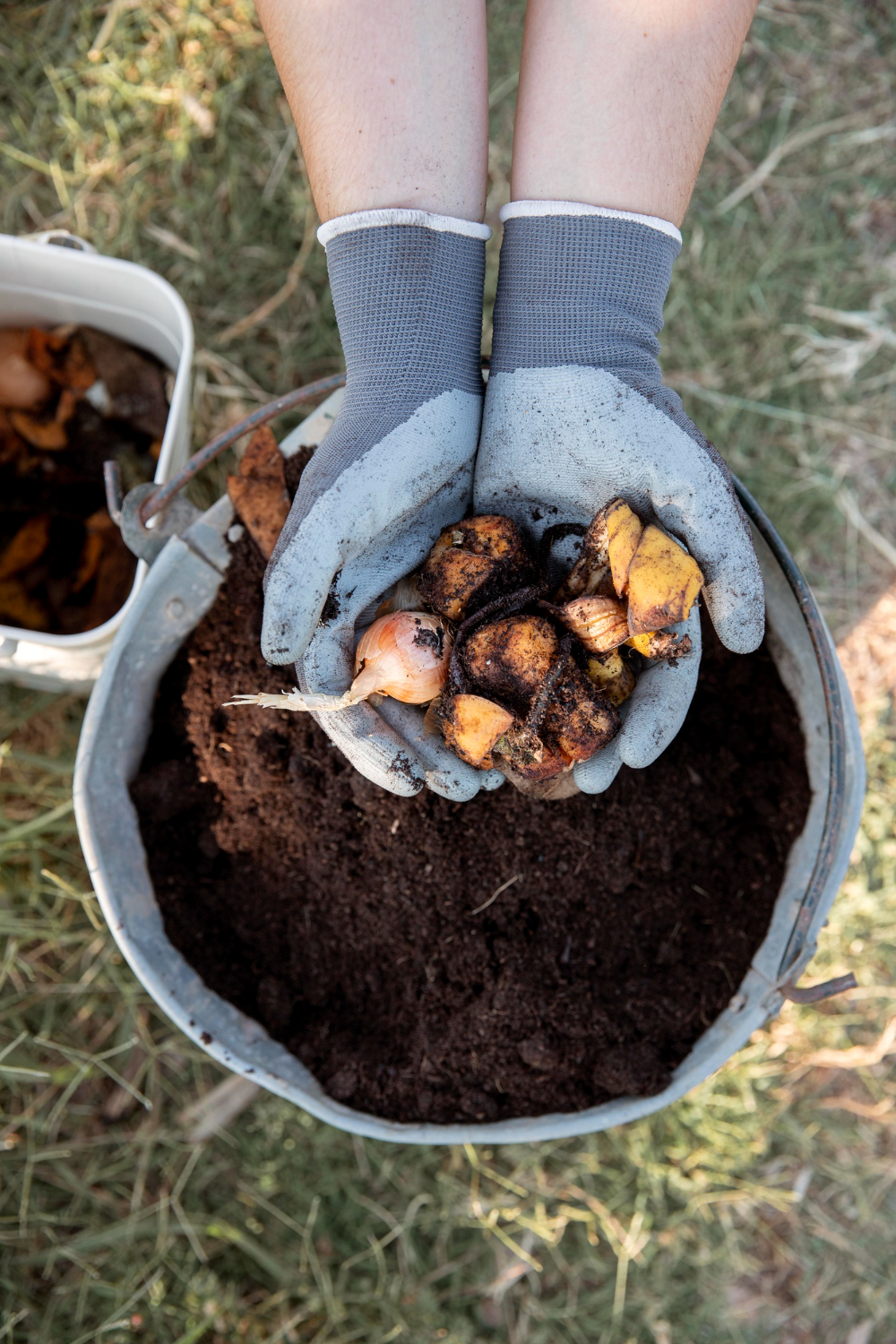the month

Join in and participate in these challenges to improve our environment and move towards achieving the Sustainable Development Goals (SDG).
Every month, you will be given a new challenge. The objective of it is to make a more sustainable and conscious community.
Do you like it?

Make your own compost!
We are giving you a challenge that will not only benefit your home, but also the environment. We invite you to join the Homemade Compost Challenge! Making your own compost has a lot of benefits.
Personal benefits:
- Financial savings: By making your own compost, you reduce the need to buy commercial fertilizers.
- Soil improvement: Compost enriches the soil in your garden or the substrate of the plants you have at home, improving its structure and water retention capacity.
- Waste reduction: By composting, you reduce the amount of organic waste that ends up in landfills.
Advantages for the environment:
- Reducing methane emissions: Organic waste in landfills produces methane, a greenhouse gas. Composting at home helps reduce these emissions.
- Nutrient Cycling: Composting returns nutrients to the soil, closing the nutrient cycle and promoting a healthier ecosystem.
- Less use of chemical products: By using natural compost, you reduce dependence on chemical fertilizers and pesticides, which contaminate soil and water.
And now that you know why it’s good to do it, let’s get to work!
Separate your waste:


Prepare a container:
Add materials:


Maintain humidity:
Mix regularly:



Wait and observe
The compost is ready
The compost is ready when it has a uniform texture, dark color and a fresh earthy smell. This may take 2 to 6 months, depending on conditions.


Additional Tips
- Avoid: Meat, dairy products, oils and diseased plants, as they can attract pests or cause bad odors.
- Size of materials: Chop large materials to speed up decomposition.
- Odor control: If the compost smells bad, it may be due to excess humidity or lack of air. Add more brown materials and mix well.

Share your experiences with us!


